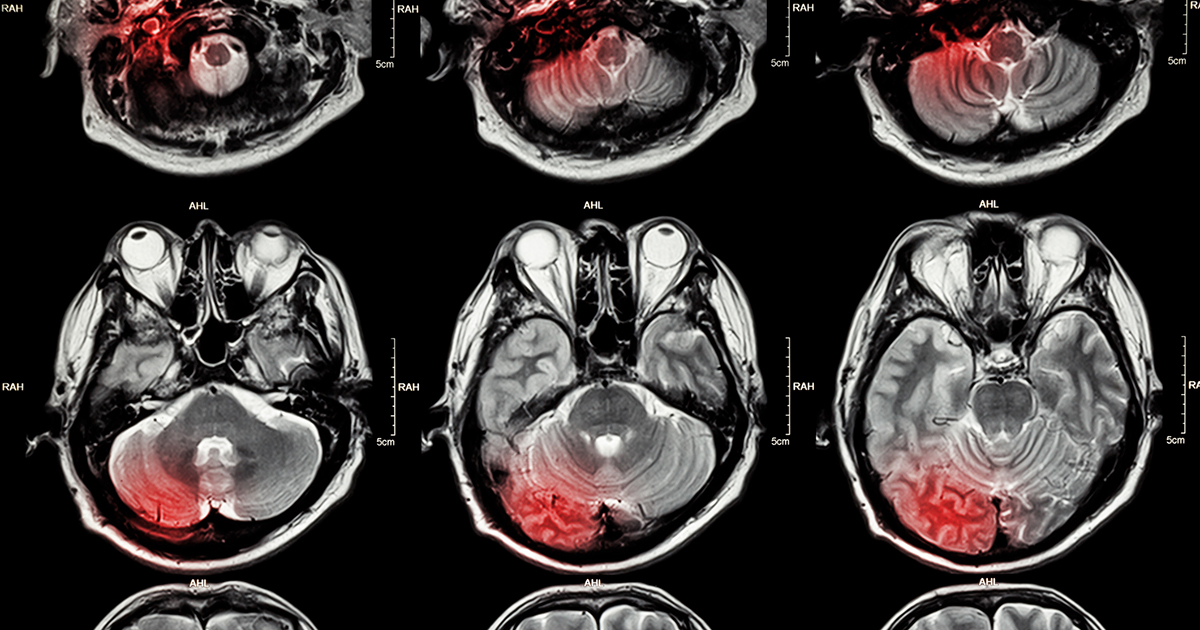What Causes Stuttering?
Stuttering is a communication disorder that affects the normal flow of a person’s speech. Also called stammering, stuttering usually begins between the ages of two and five years old and typically occurs in more males than females. In stuttering, speech can be repetitive, prolonged, or stopped while attempting to communicate. Stuttering affects over seventy million people worldwide, with three million being affected in the United States alone. This shows that stuttering is fairly common and approximately five percent of children will temporarily go through a period of stuttering that typically lasts six months or longer. Only one percent of those children will develop a long-term problem. Discover the common causes of stuttering now.
Childhood Development

Children begin their journey of speech development as early as infancy. Babies learn to communicate their needs through cries and later, begin to express happiness through coos and babbles. Typically, between twelve to eighteen months, their first word will be spoken. It is normal for children to go through periods during their progression of language development where stuttering becomes more common, usually between two to five years old. Many times, stuttering will resolve itself, however, sometimes the involvement of a speech-language pathologist may be necessary. If stuttering lasts over six months, involves facial or other muscular tics, causes anxiety, or severely impacts the child’s ability to communicate, an evaluation from a speech-language pathologist may be necessary for early intervention, as these signs are not part of anaverage child's development.
Continue reading to learn the role genetics play.
Genetics

It has been shown that stuttering has the potential to run in families. If a child has a parent or grandparent who stuttered, they are more likely to stutter themselves. Stuttering that has been inherited occurs from an abnormality in the area of the brain that processes language. Researchers in the field of genetics now know that over half of all stuttering cases have a genetic cause. While the prevalence of stuttering among family members is high, the severity of the situation does not seem to have genetic influences. For example, if a family member has a severe case of stuttering, another family member may also stutter but only mildly. Geneticists have observed that there is not one certain gene that causes stuttering, but rather, many different genes.
Next, find out how stress can cause a child to stutter.
Stress

While stress itself does not cause stuttering, it can exacerbate it. A stressful event can be considered a trigger to the disorder. For instance, if a child already has a genetic predisposition to stuttering, a stressful event may be what causes the disorder to appear. A stressful event is considered an environmental factor, while the stuttering is physiological. A stressful event does not have to be categorized as a life-altering event but rather can be a situation that evokes fear and anxiety. If someone is prone to stuttering, speaking in public or in front of other people may be stressful for them, and is a mild life event to deal with. This pressure, in turn, may cause them to stutter more often. Other examples of life-altering stressful events include family issues or separation, bullying, the death of a loved one, or moving homes and schools.
Keep reading to reveal how emotional trauma can cause stuttering.
Emotional Trauma

Stuttering caused by emotional trauma is sometimes also termed as psychogenic. Psychogenic stuttering can occur due to psychological trauma and can occur in children and adults, as well. The onset is typically sudden and occurs directly after severe psychological trauma. Chronic depression can be a contributing factor to psychogenic stuttering. Researchers have theorized that this type of stuttering may not be as sudden as it appears. In adults where stuttering has psychogenic factors, there was often a stuttering disorder that was present in childhood but was in remission before the trauma occurred. Working with a mental health counselor and a speech-language pathologist may help resolve the relationship between the trauma and the onset of stuttering.
Next, uncover how a brain injury can cause a person to stutter.
Brain Injuries

When some sort of brain injury causes stuttering, it is considered to be neurogenic stuttering. Neurogenic stuttering can be associated with many different types of brain injuries including those caused by strokes, head trauma, tumors and cysts, degenerative diseases, or drug-related side effects. Stuttering usually occurs as a result of injury or degeneration to certain areas of the brain or spinal cord, such as the cortex, subcortex, cerebellar, or neural pathways. Stuttering caused from brain injuries can be described as fragmented, slow, and with great effort, placed into producing sounds and words. Because of the association with many types of diseases and injury, stuttering may produce many different symptoms and be unique to the individual.